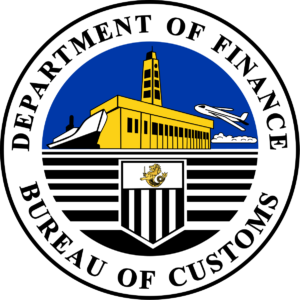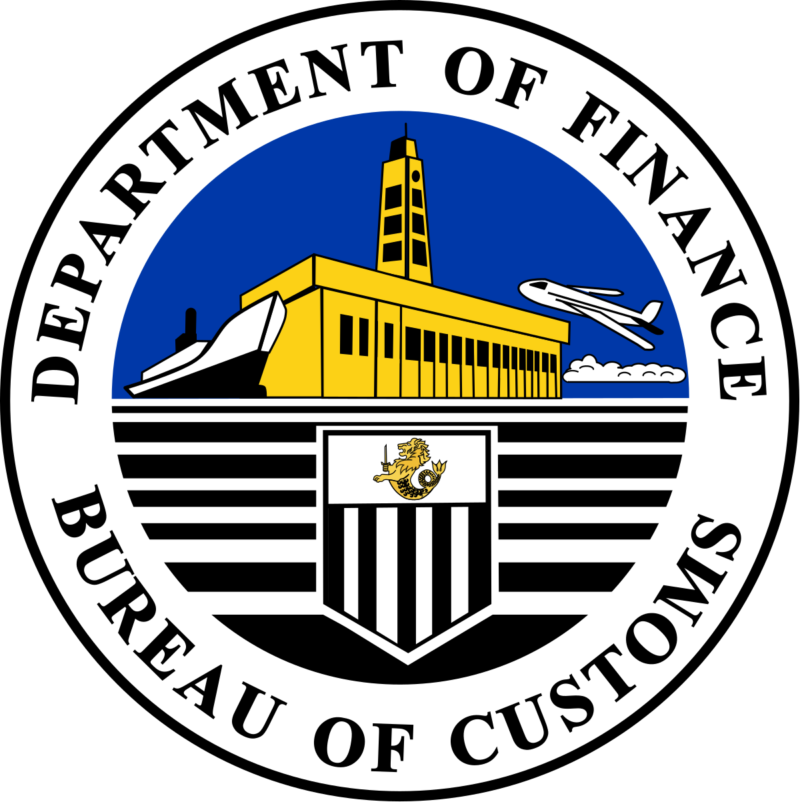 Customs commissioner Rey Leonardo Guerrero has issued a directive further clarifying procedures Customs officers should observe on dispute settlements arising from customs valuation.
Customs commissioner Rey Leonardo Guerrero has issued a directive further clarifying procedures Customs officers should observe on dispute settlements arising from customs valuation.
Office of the Commissioner (OCOM) Memorandum No. 110-2020, dated May 27, was issued to “effectively implement the directives under Customs Administrative Order (CAO) No. 02-2020 on the right to administrative remedies of an aggrieved importer pertaining to dispute settlement arising from customs valuation.”
In particular, the new memo states that in case the decision of the district collector regarding the dispute settlement arising from customs valuation is adverse to the government, it should be elevated to the Customs commissioner for “automatic review”, which was not particularly indicated in CAO 02-2020.
The automatic review is pursuant to Section 1128 of the Customs Modernization and Tariff Act (CMTA), which CAO 02-2020 also implements and which states that in cases not involving protest or forfeiture, the Customs commissioner should automatically review any decision by the district collector that is adverse to the government.
CAO 02-20 covers the right of an aggrieved importer or exporter to seek administrative remedies pertaining to dispute settlement or protest arising from customs valuation, rules of origin, tariff classification, and other customs issues. Section 6 of CAO 02-2020 particularly provides the procedures for dispute settlement arising from customs valuation.
READ: Customs order tackles dispute settlement, valuation protest
When a customs valuation issue arises, the Customs officer should indicate the reasons and a recommendation as to the correct method of valuation to be used and the resulting customs value to be adopted vice the customs value declared.
If the importer does not agree with findings and recommendation of the Customs officer, he may elevate the matter to the principal appraiser and then to the chief of the Formal Entry Division or its equivalent unit, then to the deputy collector for assessment, and finally to the district collector. If the district collector adopts the findings of the Customs officer, Section 6.3 of CAO 02-2020 should apply.
If the district collector does not readily adopt the findings of the Customs officer, the procedure under Section 6.2 of CAO 02-2020 should be followed. The district collector should resolve in writing the valuation dispute within 15 days from receipt of all position papers and any evidence submitted by the parties involved.
Pending resolution of the correct customs value, the district collector may, upon request of the importer, allow the release under tentative assessment of the goods upon payment of the duties and taxes declared in the goods declaration and posting of sufficient security to cover the difference between the amount of duties and taxes as recommended by the Customs officer and the duties and taxes computed based on the customs value declaration.
In case the decision of the district collector is adverse to the importer, the importer would be liable to pay the additional duties and taxes as adjusted or if the goods are released under tentative assessment, any posted security will be made to answer for the deficiency in duties and taxes resulting from the decision.
The aggrieved importer may file a written appeal by way of protest to the Customs commissioner within 15 days from receipt of the adverse ruling of the district collector or, when payment is made as a result of the adverse decision, within 15 days from such payment. Otherwise, the action of the district collector will be final and conclusive.
OCOM Memo 110-2020 clarified that there must be a prior payment of the disputed assessment as well as payment of protest fees before any appeal by way of protest may prosper.
Under OCOM Memo 110-2020, all ports should advise stakeholders that appeal by way of protest is to be filed with the OCOM in view of rules under CAO 02-2020.
Ports should also refrain from resolving protest cases filed before their offices, and immediately forward them to OCOM, “which has jurisdiction over appeals by way of protest.” – Roumina Pablo





